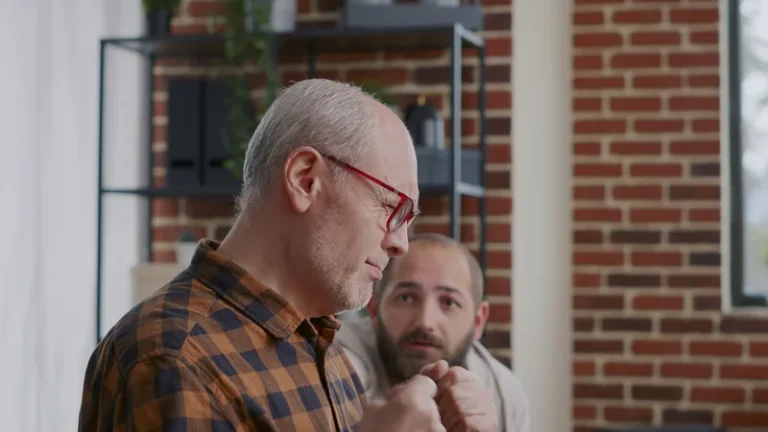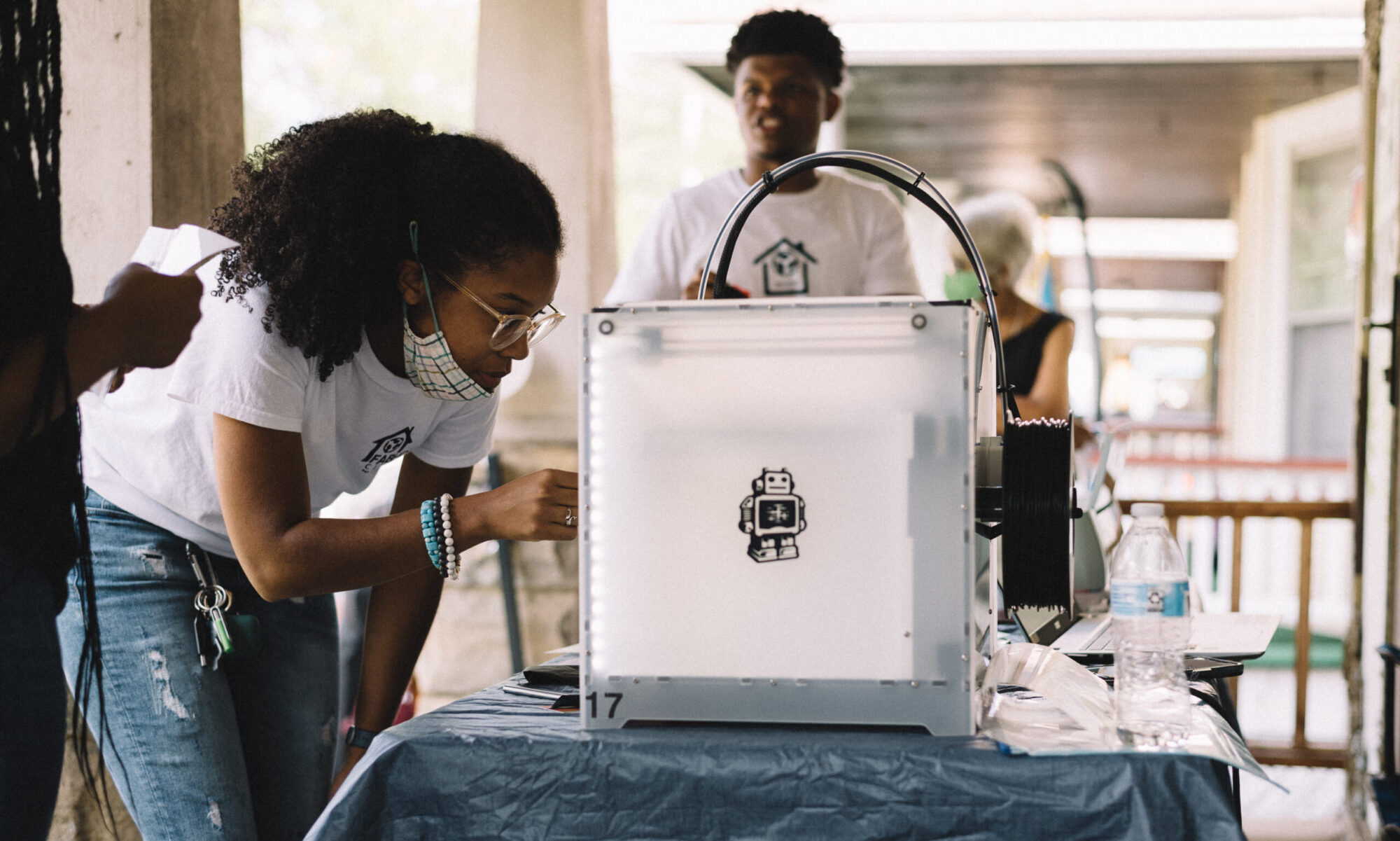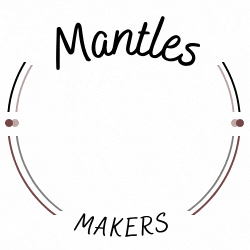
Incorporating gratitude rituals into daily routines can help individuals develop a consistent and meaningful practice of gratitude. Chances are if you have been in recovery for more than a day or two, you have heard someone talk about gratitude. As a core principle of many recovery programs, the word gratitude gets thrown around a lot. Gratitude shifts our focus toward what we have in our life, rather than what we don’t.
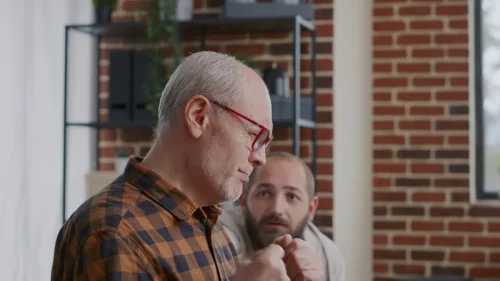
Tips for Practicing Gratitude in Recovery
People who practice gratitude tend to be more optimistic, empathetic, and resilient. It helps us see life through a different lens, and it doesn’t take much effort to cultivate this mindset. Gratitude signifies to others that they are valued, which can strengthen bonds and create a sense of community. This sense of belonging is particularly important for those in recovery as it provides a supportive environment where individuals share experiences and inspire one another.
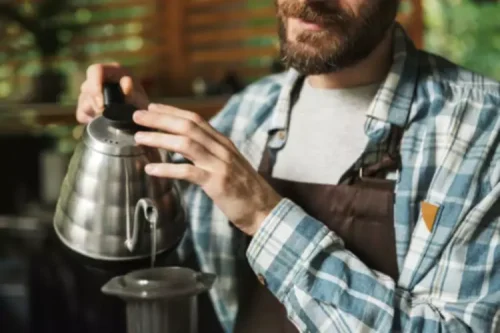
Alcohol Addiction Latest Statistics
Unlock the marijuana addiction facts about substance-use treatment insurance coverage, from legal requirements to claiming methods. Discover the role of physiological dependence in addiction and unlock paths to recovery. Click below to get in touch and schedule a consult call with our team to begin your journey towards happiness and freedom. If you or a loved one is struggling with addiction or co-occurring disorders, call the New England Recovery Center today at MyRehab.
- Making an effort to practice gratitude regularly can have an incredibly positive impact on your mental health.
- We’ll also dive into the numerous science-backed benefits of practicing gratitude, including its ability to reduce stress, improve sleep, and cultivate self-esteem.
- Explore who you are in recovery, embracing identity, support, and personal transformation on your journey.
- You could draw, write, paint, garden, smith, smash pumpkins, whatever.
What Are Simple Ways to Practice Gratitude Every Day?
Keep going to AA, NA or other support meetings; keep reading the Big Book or other sources of perennial wisdom and keep on the road to happiness. The transition from addiction to recovery isn’t overnight, and the benefits don’t come all at once. We can observe our expectations and attitudes while working Step 10, which we should perform on a daily basis. When we honor and appreciate other people’s assets, we create a safe environment where they, too, can feel happy and grateful, and they benefit from our presence. But now that we deliberately manifest gratitude, we see the best qualities in any given moment, person and situation, and it creates a positive feedback loop where we draw out the best in others. Gratitude is a muscle that develops with training and practice, and when we make a habit of appreciating the better qualities in life, we strengthen that muscle in our mind.
- It requires severing dependence on alcohol and working towards a healthier relationship with it.
- This reflective practice helped her focus on positives rather than the void left by addiction.
- However, if you are able to take that negative event and laugh it off or just forget about it, the day often turns around and is a good one.
- Integrating gratitude into daily life can significantly impact mental, physical, spiritual, and social health.
- This can help us to see the world through a more positive lens and inspire us to make changes that benefit not only ourselves but those around us too.
Sustaining a Life of Abundance and Fulfillment
And while it may the importance of gratitude in recovery sound a bit “hippie” and spiritual, this valuable practice is strongly encouraged by most therapists and counselors. In particular, individuals are urged to practice gratitude in recovery. Discover how mindfulness in addiction recovery can reshape thoughts and promote lasting healing and well-being. Expressing gratitude to others is a powerful way to strengthen relationships and foster a supportive environment. Taking the time to thank someone for their support, kindness, or presence can not only uplift one’s spirits but also enhance the bonds shared with others.
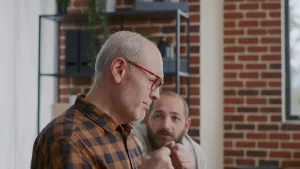
Support Our Mission
One valuable way to use gratitude as a driving force for positive change is by keeping a gratitude journal. This involves writing down three things each day that you are grateful for. It could be something as simple as having food to eat or being able to spend time with loved ones. By taking time each day to acknowledge the good things in our lives, https://ecosoberhouse.com/ we begin to rewire our brains to focus on the positive. Interestingly, research has also found that expressing gratitude can be more effective than simply feeling grateful.
